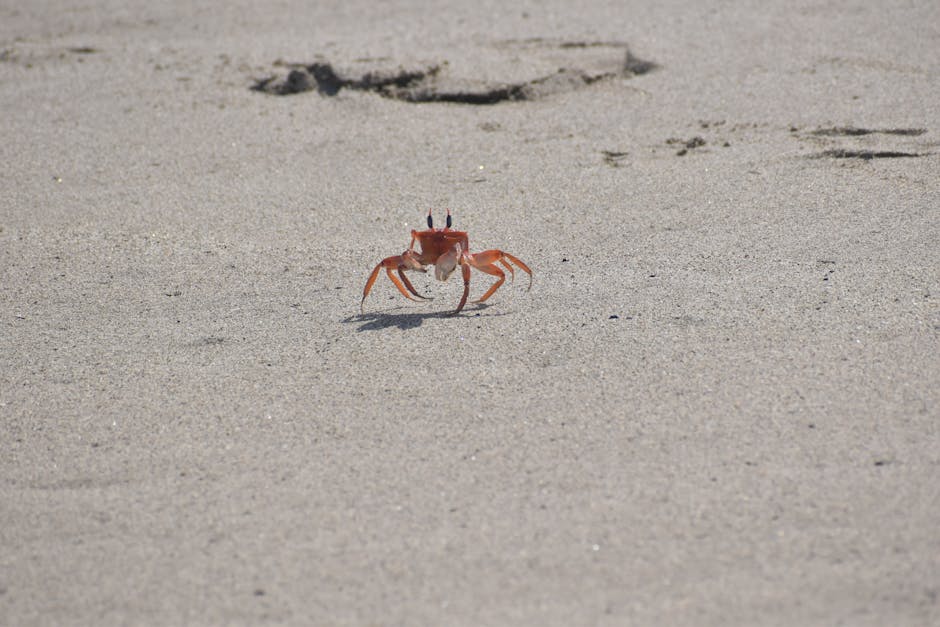The relentless march of anthropogenic climate change casts a long shadow over marine ecosystems, triggering a cascade of interconnected effects that reshape the very fabric of the ocean. This essay delves into the multifaceted consequences of a warming planet on marine life, encompassing shifts in species distributions, altered physiological processes, and the disruption of intricate food webs. Understanding these effects is crucial for developing effective conservation strategies and mitigating the profound impacts on marine biodiversity.
A pivotal aspect of climate change’s influence on marine ecosystems is the rising global temperature. A substantial increase in sea surface temperatures (SSTs) is driving a variety of adverse responses. Coral reefs, famed for their biodiversity, are particularly vulnerable. Elevated temperatures induce coral bleaching, a phenomenon where corals expel the symbiotic algae residing within their tissues. This expulsion, triggered by stress, causes the corals to lose their vibrant coloration and ultimately can lead to their death if the stressful conditions persist. Beyond corals, other marine organisms, such as sea turtles, experience altered reproductive success linked to temperature-dependent sex determination. A warming environment impacts the sex ratio of offspring in these and other species, potentially disrupting population stability.
Ocean acidification, a concomitant effect of increased atmospheric carbon dioxide (CO2), poses another major threat to marine life. As CO2 dissolves in seawater, it forms carbonic acid, decreasing the pH of the ocean. This acidification hinders the ability of many marine organisms, especially those with calcium carbonate shells or skeletons, such as oysters, corals, and some plankton species, to form and maintain these essential structures. Reduced carbonate availability directly impacts their growth and survival, impacting the entire marine food web, including the species that rely on these organisms as a food source. The intricate balance of marine ecosystems is disrupted as these foundational components suffer.
Changes in ocean currents and circulation patterns further complicate the picture. Ocean warming leads to altered thermohaline circulation, impacting nutrient distribution and primary productivity across various regions. This disruption of nutrient transport affects phytoplankton, the base of the marine food web. Decreased phytoplankton populations directly translate to lower food availability for zooplankton and higher trophic levels. Consequences ripple through the ecosystem, impacting fish populations, seabirds, and marine mammals that rely on these organisms as sustenance.
A notable effect of a changing climate on marine environments involves shifts in species distributions. Warming waters often drive species to seek cooler habitats, leading to poleward or upward shifts in their ranges. This migration can disrupt established ecological relationships, potentially leading to competition for resources between native and invasive species. Such shifts are already observed in various marine species, influencing the structure and functioning of entire ecosystems.
Furthermore, altered patterns of ocean currents and stratification influence oxygen levels. Areas of oxygen minimum zones, regions with low oxygen saturation, are expanding, causing significant mortality for oxygen-sensitive species. This decrease in oxygen availability, exacerbated by warming waters, threatens a wide array of species, impacting biodiversity and overall ecosystem health.
Furthermore, extreme weather events, intensified by climate change, inflict profound impacts. Increased frequency and intensity of storms and cyclones generate substantial physical stress on marine habitats. Coral reefs, seagrass beds, and kelp forests, often fragile structures, are significantly damaged during these events. Coastal erosion and inundation further compound the devastation to marine ecosystems, impacting the delicate balance of these habitats and the organisms that rely on them.
The consequences of climate change extend far beyond the immediate impacts on marine life. Ocean acidification, sea-level rise, and altered precipitation patterns have significant implications for coastal communities. The loss of coastal ecosystems that act as buffers against storm surges and erosion further jeopardizes human settlements. The economic and social implications of marine ecosystem degradation extend globally, emphasizing the urgent need for action.
Moving forward, a multi-pronged approach is essential to mitigate the effects of climate change on marine ecosystems. Reducing greenhouse gas emissions is paramount, alongside efforts to protect and restore marine habitats. These measures encompass the development of sustainable fishing practices, reduction of pollution, and enhanced conservation efforts to safeguard the unique biodiversity of our oceans.
Research efforts play a crucial role in understanding the nuanced effects of climate change on marine ecosystems. Continued monitoring of ocean temperatures, acidification, and oxygen levels is necessary for assessing the severity of the impacts and developing targeted mitigation strategies. Collaboration between marine biologists, oceanographers, policymakers, and conservation organizations is essential to addressing the complex challenges posed by a changing climate. By integrating scientific insights, fostering sustainable practices, and raising public awareness, we can strive to safeguard the future of our marine biodiversity and ensure the health of these vital ecosystems for generations to come.
